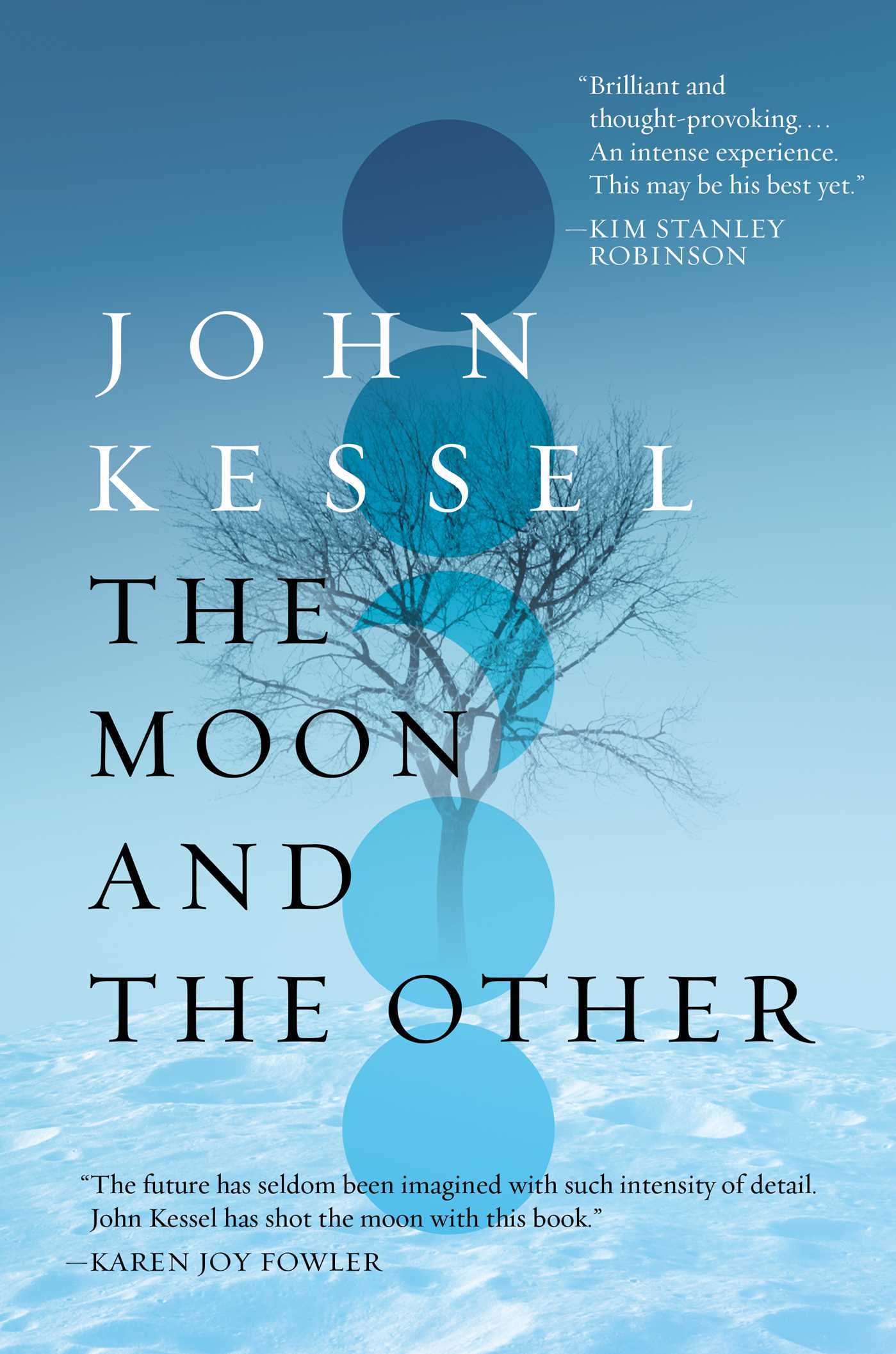What do you think?
Rate this book


597 pages, Hardcover
First published April 4, 2017
"Women are no more able to make a just society. They simply fail differently."
-Afroza
"When preserving the status quo becomes the whole raison d'etre of a society, then change becomes treason."
-Erno
1. The subplots weren't always well-handled (the whole thing with Val, for example.) The epilogue didn't actually help with this.
2. The epilogue... *sigh* ...I can see what it was trying to do, but it really didn't pull it off. So, the ending kind of stinks.
3. I had a lot of trouble with Mira. Although there are many female characters in this book, she's the only one we get to know from her own PoV and she's really not likable. On the other hand, she is consistent, so YMMV.
4. Sometimes the science doesn't quite work, but Kessel's good at handwaving what needs to be handwaved, instead of trying to explain it and failing.